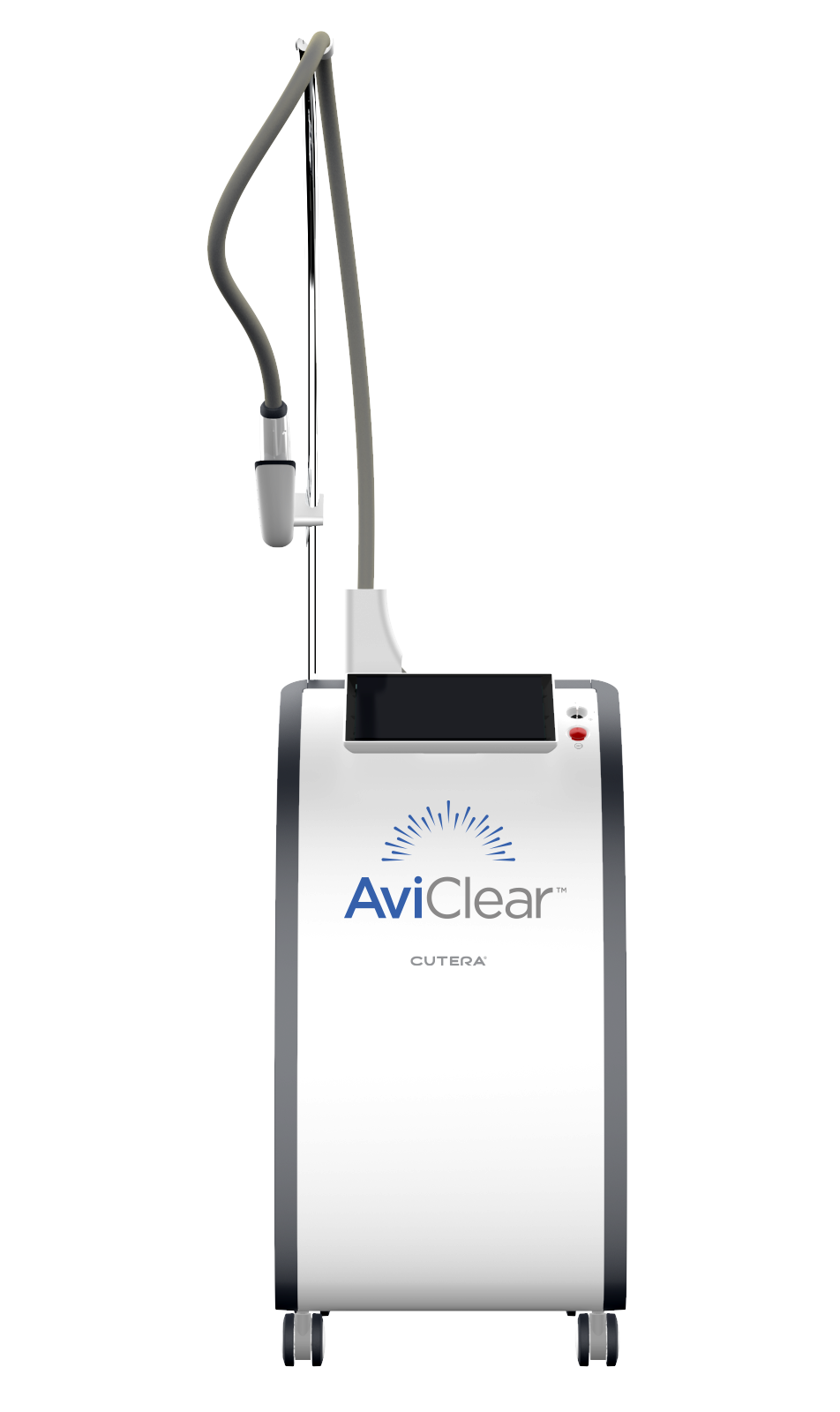Your Battle with Acne-- by Alexa Geist
- Jing-Jing Cardona
- May 1, 2023
- 3 min read
Updated: May 13, 2023

What is Acne?
Acne is the most common skin condition in the US, affecting approximately 85% of people between the ages of 12 and 24. At its core, acne starts as a skin condition in which your hair follicles become clogged with oil & dead skin cells.
How does acne form?

Four main factors cause acne:
Excess oil (sebum) production
Hair follicles clogged by oil and dead skin cells
Bacteria
Inflammation
The simplest explanation of acne is that a clogged hair follicle or pore becomes colonized with bacteria and triggers an inflammatory cascade in response.
Within a normal hair follicle, there are sebaceous (oil) glands that empty into the area but when too much oil is present, a clog occurs. These clogs can occur from excess sebum (an oil-like substance that normally works to protect your skin), bacteria, or dead skin cells. This clog triggers an inflammatory response from your immune system, resulting in pain, swelling, and redness.
Acne Lesions
There are 6 main forms of acne lesions, seen below in the table.
Pimples | pus-filled bumps/pustules |
Papules | small, discolored bumps, often red or darker than you natural skin tone |
Blackheads | open, plugged pores with a black top |
Whiteheads | closed, plugged pores with a white top |
Nodules | large, solid, painful lumps under your skin |
Cysts | painful fluid filled lumps under the skin |

Acne most commonly affects the face, neck, back, shoulders, and chest. It often creates an uneven or rough skin texture, and skin discoloration. While acne may not be particularly life threatening, it can cause pain, lead to scarring, and contribute to anxiety and depression.
Risk factors for Acne
Some factors can increase your risk of developing acne. Hormonal changes are one of the obvious answers and are a common factor we see during pregnancy or puberty when hormones fluctuate. Other endocrine conditions, like PCOS, also can contribute or worsen acne. Some other risk factors include smoking, poor sleep, stress, familial history, occlusive cosmetics and clothing, diet, and certain medications.
Acne Treatments

Treatments for acne are dependent on its severity. For mild acne, over-the-counter treatments such as cleansers, spot treatments, and creams can be proven helpful. If OTC products prove ineffective after several weeks, talking with your healthcare provider about other acne treatment options may include discussions about prescription strength topical medications, oral medications such as antibiotics, retinoids, birth control pills, or Accutane, or a combination of both topical and oral medications. Your healthcare provider will discuss the options that are best for you and your acne, and should also discuss the risks that may be associated with the treatments (for example, while Accutane is the current standard of treatment for difficult to control, recalcitrant acne and while it might also provide dramatic improvement in acne lesions, the medication also may cause some undesirable side effects such as overly dry skin, depression symptoms, and birth defects).

Within the last year, there has been a new FDA-cleared laser device introduced which provides dramatic improvement in acne lesions, comparable to Accutane without the negative side effects. This device is called AviClear®.
Self-care for Acne
To help prevent the development or worsening of acne, the following tips may be helpful:
Clean your skin gently. Use a mild cleanser in the morning, in the evening, and after heavy exercise. Try to avoid using strong soaps, astringents, or rough scrub pads. Rinse your skin with lukewarm water.
Shampoo your hair regularly. If you have oily hair, you may want to wash it every day.
Avoid rubbing and touching skin lesions. Squeezing or picking blemishes can cause scars or dark blotches to develop.
Shave carefully. Make sure the blade is sharp, and soften the hair with soap and water before applying shaving cream. Shave gently and only when necessary to reduce the risk of nicking blemishes.
Use sunscreen, and avoid sunburn and suntan. Many of the medicines used to treat acne can make you more prone to sunburn.
Choose cosmetics carefully. All cosmetics and hair care products should be oil free. Choose products labeled noncomedogenic, which means they do not clog pores. Always remove makeup and cleanse your skin before bed.
Avoid tight fitting clothes in the affected areas.
If you feel like you’ve been struggling with acne, or have questions about how to approach treatment, always ask your primary care provider! There are many treatment approaches to treating acne and sometimes it requires several different treatments simultaneously. Acne can cause distress an all patients so treating it early and appropriately can significantly improve quality of life for patients who are affected.
If you do not have a primary care provider, Cardona DPC and RefineMD is still accepting new patients. Visit www.cardonadpc.com to learn more.
this blog post was guest-written by Alexa Geist, a Clemson University 2022 Graduate with a BS in Chemistry and a minor in Mathematical Sciences and the Medical Office Assistant at Cardona Direct Primary Care. She will be starting medical school in the fall at Kansas City University in Kansas City, MO.




Comments